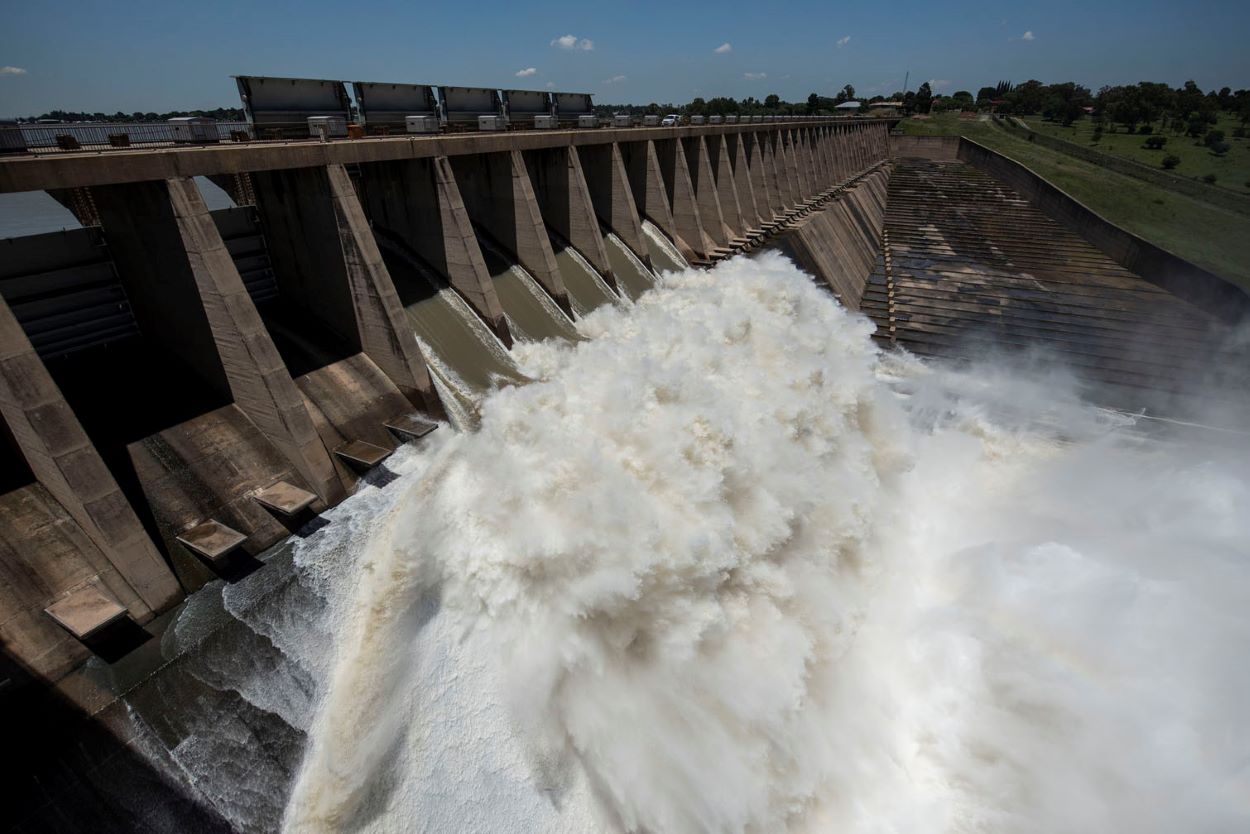New Delhi /Islamabad: Indian authorities used the Indus Waters Treaty (IWT) to share critical flood data with Pakistan this weekend. Official sources confirmed the communication on Monday.
The Indian High Commission in Islamabad alerted Pakistani officials to a major potential flood in the Tawi River at Jammu. They sent the alert on Sunday morning, August 24. Pakistani authorities then issued public warnings using this information.
This exchange represents the first major contact between the two nations since a period of intense military tension in May.
The World Bank brokered the Indus Waters Treaty in 1960. It governs how India and Pakistan share water from the Indus River and its tributaries. Most experts see the pact as one of the world’s most successful water-sharing agreements. It has survived three wars and many diplomatic crises.
According to sources cited by the Pakistani media, New Delhi warned Islamabad about a possible major flood in the Tawi River in Jammu. The Indian High Commission in Pakistan reportedly conveyed the alert on the morning of August 24.#IndusWaterTreaty
Read more:… pic.twitter.com/aEv5ReB3Q6
— IndiaToday (@IndiaToday) August 25, 2025The treaty gives Pakistan primary use of the three western rivers (Indus, Jhelum, and Chenab). India controls the three eastern rivers (Sutlej, Beas, and Ravi). The IWT requires both countries to share data on water flow and flood risks. It also contains a clear dispute resolution system. The treaty does not allow either country to suspend it alone.
Tensions flared earlier this year after a militant attack in Pahalgam. India blamed Pakistan for the attack. Following this, New Delhi announced it would “hold the Treaty in abeyance.” India demands that Pakistan end its support for cross-border terrorism. Pakistan denies these allegations.
Read: PDMA Issues Flood Warning for Khyber Pakhtunkhwa Amid Heavy Rain Forecast
This suspension threat raised major concerns over regional water security. In theory, it could let India stop sharing data and reduce water flows. However, experts note that India’s current water storage capacity is limited.
In a key ruling, the Permanent Court of Arbitration (PCA) in The Hague affirmed its jurisdiction in June 2025. The court stated that India’s unilateral actions could not stop the treaty’s legal processes. Pakistan welcomed this decision. It calls for India to follow its treaty obligations again.
Agricultural experts in Pakistan warn about the treaty’s importance. They say any disruption could hurt irrigation-dependent crops like wheat and rice. This may lead to higher food prices and hurt farmers. The recent flood data exchange shows the IWT’s practical value. It continues to operate even as its political future remains uncertain.






